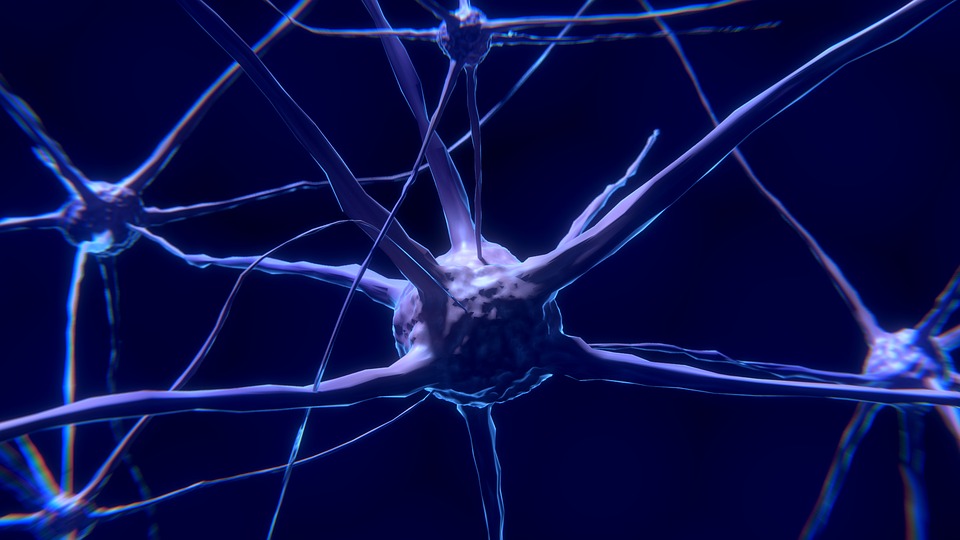Brains created in the laboratory may be suffering, developing conscious and self-awareness as they grow. These concerns have led many scientists to call for a re-evaluation of ethical issues surrounding transplanting human tissues.
Scientists are starting to question if the laboratory-made brains they have been experimenting with are sentient. This worry is as a result of recorded brain activity in these lump of cells that mimic developing brains. They are concerned that they may be going too far in their research, with some calling for re-evaluation of approach in dealing with such tissues.
Many laboratories around the world such as the Harvard universities and Cambridge universities have succeeded in creating this brains in the lab.
The miniature replicas of brain, which are referred to as organoids, have in the past been hailed by scientist as a breakthrough and major landmarks for battling brain diseases.
Created brains are sentient
The blobs of tissues are developed using stem cells and during their development, they have been observed to produce brainwave activity similar to a developing child. Scientists have also observed and theorized about this phenomenon, saying that this blobs of tissues may be developing consciousness or some form of self-awareness. If that is the case, then it approaches the moral dilemma on whether it is actually good to be carrying such an experiment.
Elan Ohayon, the director of the Green Neuroscience Laboratory in San Diego, California is quoted as saying,
If there’s even a possibility of the organoid being sentient, we could be crossing that line, We don’t want people doing research where there is potential for something to suffer.
His sentiments highlighted concerns scientists are beginning to have when it comes to experimenting with this technology. The field is developing fast and there needs to be a line according to Elan. He continued by wondering if at this point they had crossed the line and needed to take a back seat and reevaluate what they were doing.
Neurosurgeon Isaac Chen, an assistant professor of Neurosurgery at Penn’s Perelman School of Medicine and his partners also raised similar concerns about working with the laboratory developed brain tissues.
He argued that an ethical framework is needed to ensure that scientist are able to work within scientific principles. He also argued that such framework would also help in addressing approaches to be used when transplanting the organs and before transplanting the organs in animals.
Chen ended by saying,
Such guidelines can help avoid confusion for scientists, especially when communicating with the public, and clearly lay out the benefits of this research, against which any ethical or moral risks can be weighed.







